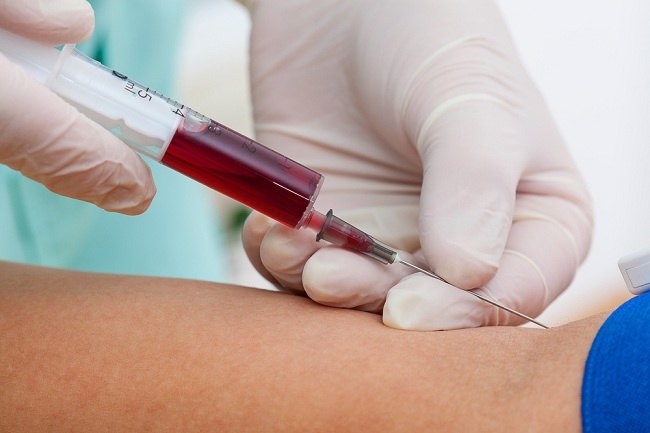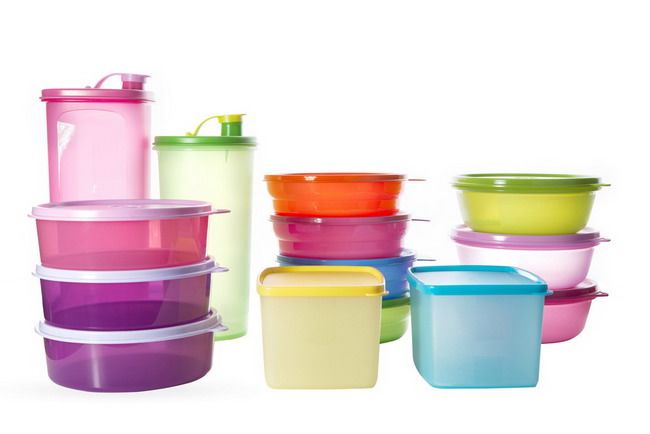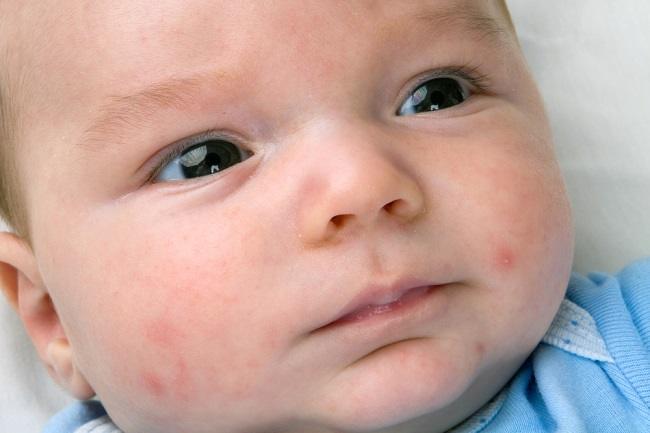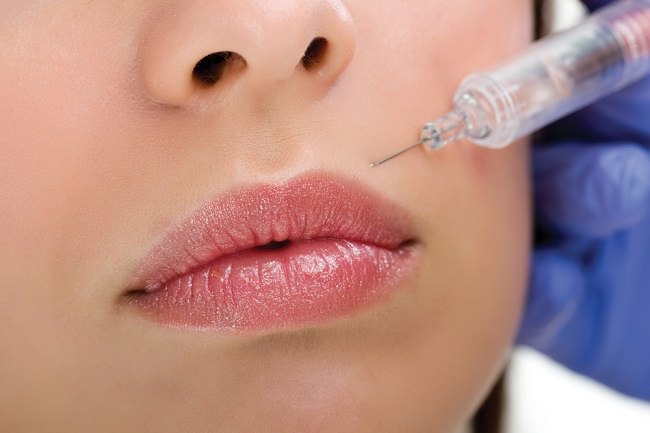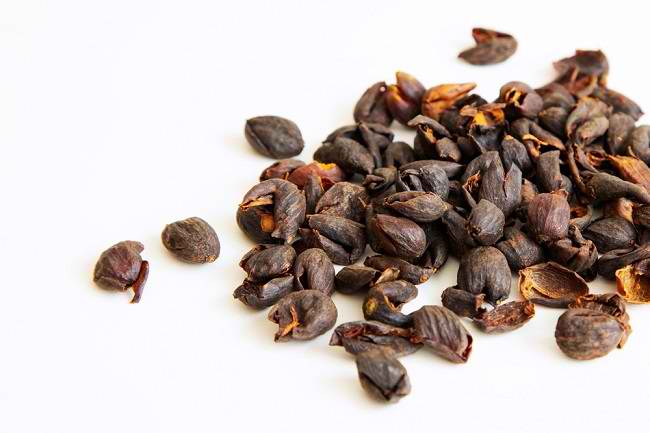DHA and omega-3 It is very important for the development of a child's brain. However, hresearch results British Journal of Nutrition mention that 8 out of 10 kids aged 4-12 yearin Indonesia,still lack of DHA intake and omega-3. Even though that age is school age, inwhere Optimal brain ability can help children to be able to excel.
Some parents may not understand what omega-3 and DHA are. Omega-3 is an essential fatty acid that is needed by the body, but cannot be produced by the body itself. While DHA or docosahexaenoic acid is a type of omega-3 found in fish and seafood. Omega-3 and DHA are needed for the body to function optimally. Both of these nutrients are very good for children's growth and development, and also their immune system.

The Importance of Omega Intake-3 and DHA for Children
The lack of information that parents know about the importance of omega-3 and DHA, causes many children to experience a lack of intake of these nutrients.
Another factor that may also contribute to the lack of DHA and omega-3 intake in children in Indonesia is the difficulty of obtaining quality nutritional intake, both due to economic limitations and geographical reasons. This is what makes 8 out of 10 children still lack the intake of these two important nutrients.
According to data, children in Indonesia are still not getting enough intake of DHA and omega-3 as recommended by WHO. Lack of DHA and omega-3 does not pose a risk in the short term. Children will not experience anything if only a lack of DHA and omega-3 for a few days.
However, in the long term (months to years) a deficiency of DHA and omega-3 puts children at risk for the following:
- Tend to have a low level of intelligence. Because, DHA levels in the brain are related to IQ.
- Depression.
- More risk of heart disease, arthritis, and cancer.
- The body becomes weak.
- Poor immune system.
- Malnutrition.
Omega-3 and DHA are also very important for children's brain development. These two nutrients are believed to be able to reduce the risk of hyperactive behavior in children, improve the concentration ability of children under the age of 12, and improve memory. Therefore, try to meet the needs of omega-3 and DHA in children, so that their brain development can be optimal.
How to get enough Omega-3 and DHA
Not only children, adults also still need omega-3 and DHA intake. However, the amount of need is of course different. Recommendations for omega-3 and DHA intake that need to be fulfilled in a day according to age are:
- Children 4-12 years: 900 mg per day.
- Children 13 years and older and adults: 1000-1100 mg per day.
Under certain conditions, such as when you are seriously ill or have a lack of omega-3 and DHA intake, the amount recommended by your doctor may be higher.
Most parents let their children eat only the foods they like, and not necessarily the foods they choose contain omega-3 and DHA. In fact, omega-3 fatty acids cannot be made in the body, so they must be obtained from food.
Because there are some important nutrients that can only be obtained from food, parents need to pay more attention to the nutritional content of the food consumed by their children. In order to meet the intake of omega-3 and DHA in children, it is recommended that you regularly provide foods rich in these two nutrients, such as:
- Fish.
- Nuts, such as almonds and walnuts.
- Whole grains, such as chia seeds.
- Egg.
- Meat.
If your little one doesn't like and refuses the food, try to be more creative in serving it. For example, processing fish into a delicious snack that your little one likes. Be creative with a variety of varied menus to arouse children's appetites. In addition, also give understanding to the Little One that these foods can make him big and smart fast.
If these methods don't work, or if you still have doubts about the adequacy of your little one's nutrition, you can give him milk that contains omega-3 and DHA. This way, you can make sure your little one gets enough omega-3 and DHA. In addition, do not forget, healthy food given to children must also have a balanced nutrition.
If you feel that your little one is still not getting enough omega-3 and DHA intake, consult a nutrition specialist to ask what foods are recommended, and whether or not supplements are needed. Don't delay, get enough omega-3 and DHA intake in children as early as possible, so that their brain development and function are maximized.
